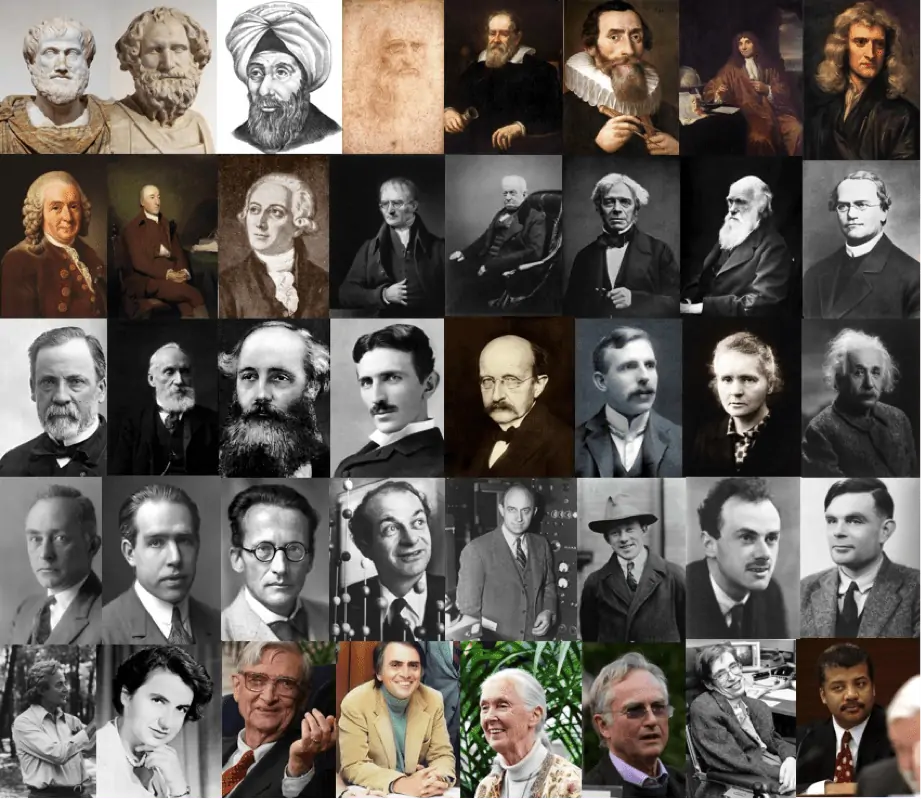Stamp: Alexander S. Popov (1859-1905) - Surcharge (Soviet Union, USSR 1927)
Alexander S. Popov (1859-1905) - Surcharge (Soviet Union, USSR 1927)
01 December (Soviet Union, USSR ) within release Definitive Issue (1927) - Auxiliary - Surcharge (8 КОП) goes into circulation Stamp Alexander S. Popov (1859-1905) - Surcharge face value 8 Russian kopek
| Stamp Alexander S. Popov (1859-1905) - Surcharge in catalogues | |
|---|---|
| Michel: | Mi: SU 335K |
| Stamp Number: | Sn: SU 353a |
| Yvert et Tellier: | Yt: SU 408a |
| Stanley Gibbons: | Sg: SU 523a |
| Unificato: | Un: SU 408a |
Stamp is vertical format.
Digit "8" inverted.Stamp Alexander S. Popov (1859-1905) - Surcharge it reflects the thematic directions:
An anniversary is the date on which an event took place or an institution was founded in a previous year, and may also refer to the commemoration or celebration of that event. For example, the first event is the initial occurrence or, if planned, the inaugural of the event. One year later would be the first anniversary of that event. The word was first used for Catholic feasts to commemorate saints. Most countries celebrate national anniversaries, typically called national days. These could be the date of independence of the nation or the adoption of a new constitution or form of government. The important dates in a sitting monarch's reign may also be commemorated, an event often referred to as a "Jubilee".
Famous People refers to the fame and public attention accorded by the mass media to individuals or groups or, occasionally, animals, but is usually applied to the persons or groups of people (celebrity couples, families, etc.) themselves who receive such a status of fame and attention. Celebrity status is often associated with wealth (commonly referred to as fame and fortune), while fame often provides opportunities to make money.
An invention is a unique or novel device, method, composition, idea, or process. An invention may be an improvement upon a machine, product, or process for increasing efficiency or lowering cost. It may also be an entirely new concept. If an idea is unique enough either as a stand-alone invention or as a significant improvement over the work of others, it can be patented. A patent, if granted, gives the inventor a proprietary interest in the patent over a specific period of time, which can be licensed for financial gain.
Radio is the technology of communicating using radio waves. Radio waves are electromagnetic waves of frequency between 3 hertz (Hz) and 300 gigahertz (GHz). They are generated by an electronic device called a transmitter connected to an antenna which radiates oscillating electrical energy, often characterized as a wave. They can be received by other antennas connected to a radio receiver, this is the fundamental principle of radio communication. In addition to communication, radio is used for radar, radio navigation, remote control, remote sensing, and other applications.
A scientist is a person who researches to advance knowledge in an area of the natural sciences
Telegraphy is the long-distance transmission of messages where the sender uses symbolic codes, known to the recipient, rather than a physical exchange of an object bearing the message. Thus flag semaphore is a method of telegraphy, whereas pigeon post is not. Ancient signalling systems, although sometimes quite extensive and sophisticated as in China, were generally not capable of transmitting arbitrary text messages. Possible messages were fixed and predetermined, so such systems are thus not true telegraphs.





